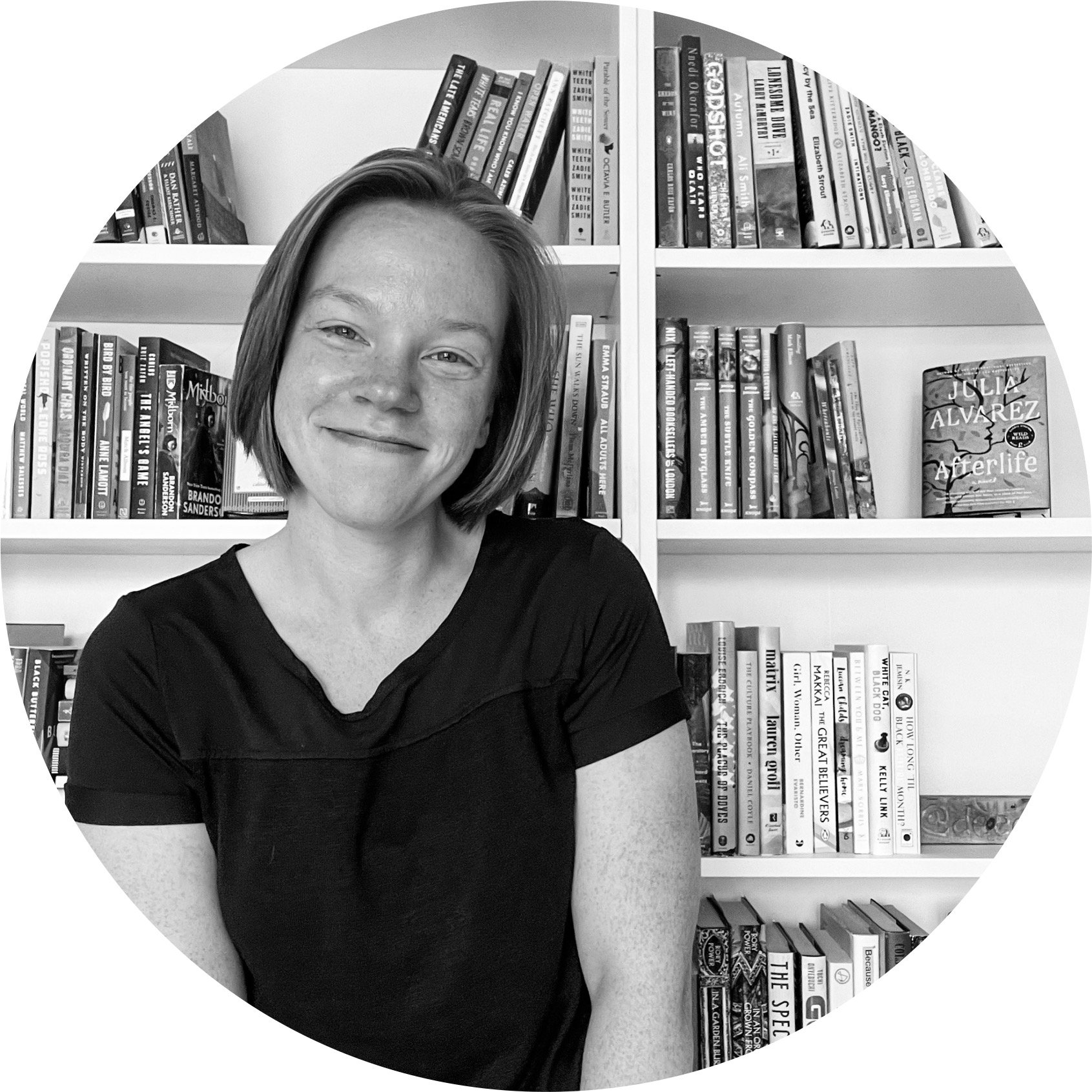Second Place
Author: Rachel Cusk
Publisher: FSG
Goodreads | The StoryGraph
Click above to buy this book from my Bookshop.org shop, which supports independent bookstores (not Amazon). You can also find it via your favorite indie bookstore here.
Note: Content and trigger warnings are provided for those who need them at the bottom of this page. If you don’t need them and don’t want to risk spoilers, don’t scroll past the full review.
Cover Description
From the author of the Outline trilogy, a fable of human destiny and decline, enacted in a closed system of intimate, fractured relationships.
A woman invites a famed artist to visit the remote coastal region where she lives, in the belief that his vision will penetrate the mystery of her life and landscape. His provocative presence provides the frame for a study of female fate and male privilege, of the geometries of human relationships, and of the struggle to live morally in the intersecting spaces of our internal and external worlds.
With its examination of the possibility that art can both save and destroy us, Rachel Cusk's Second Place is deeply affirming of the human soul, while grappling with its darkest demons.
TL;DR Review
Second Place is one I respected more than enjoyed, but I definitely didn’t hate it. It has a strong, resonant, effective narrator voice that impressed me.
For you if: You like novels narrated by unlikeable women.
Full Review
“To take on the work of fate is to incur full responsibility for its consequences.”
I read Second Place because it was longlisted for the Booker Prize. It was also my first Rachel Cusk!
The book is narrated by a woman referred to as M, writing to a man named Jeffers (whom we never actually meet). She recounts the period of time when a famous painter called L stayed in the cottage on their land, aka the “second place.” She was hoping L would be able to see and illuminate the landscape and herself in a way that would help her feel more whole and free — but things rarely go the way we hope.
The strongest part of this book, IMO, is M’s voice. (It was also very well done on audio.) This is one of the most quotable books I’ve read — nearly every page has a passage that could be isolated and presented as profound. But the cumulative effect of this, plus M’s constant use of Jeffers’ name twice a page, is one of near-pretentiousness, which I think is sort of the point. Both M and L are terrible people treating people terribly, but she is somehow the perfect character to show us the dichotomy between the way we imagine something going and how things actually go, and the desperation that many women feel to exert power wherever one can.
I liked this book okay, but I respected it more. It won’t be for everyone, but it is impressive in that it does what it sets out to do very well.
Content and Trigger Warnings
Toxic relationship
Misogyny


